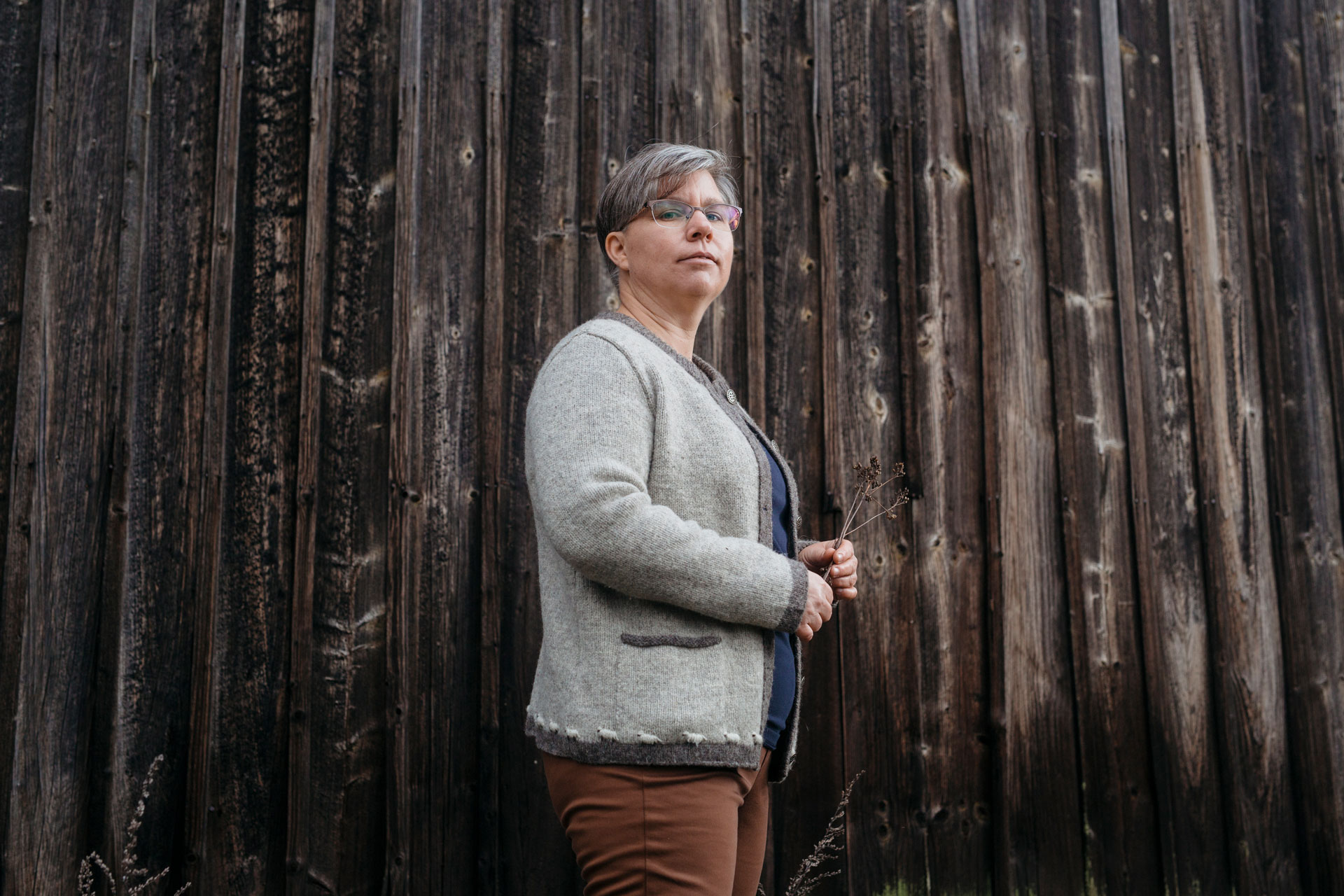In the Nessling Foundation’s autumn 2020 general call for grant applications, a total of 18 grants were awarded to doctoral thesis and implementation projects. Traci Birge from the University of Helsinki received a grant for the implementation of research information.

“Pollinator decline is a very serious global phenomenon. It’s part of the biodiversity crisis caused by humans. Agriculture has a key role to play both in the decline of pollinators and in changing the situation for the better. The aim of our project is to create a pollinator-friendly farm concept for Finnish farms and encourage farm owners to make their farms more pollinator-friendly.
Pollinator decline can be compared to the water crisis. We know that there is water scarcity in other parts of the world, but in Finland we take water for granted. The same applies to pollinators. In China, whole apple orchards are currently being pollinated by hand because there are no longer enough pollinators. It’s only a matter of time before the loss of pollinators is seen up here in the north.
The main reason for pollinator decline is intensive farming: fields are larger and landscapes are simpler, and this affects pollinators’ food supply and nesting. Pesticides can also weaken populations. With better-designed farming and farms, we can help pollinator populations thrive.
Developing the pollinator-friendly farm concept is a way to implement best practices for farmers to protect pollinators and also raise awareness of the issue. It’s part of regenerative agriculture and directly supports the objectives of the national pollinator strategy.
I’m going to create a practical guide for Finnish farmers. The guide will present research information and advice on the best measures and solutions that farmers can use to make their own farms more pollinator-friendly. The project is being implemented in cooperation with the Baltic Sea Action Group foundation, which will also publish the guide. We are also planning various events where we will be presenting pollinator-friendly measures.
Our project team includes farmers and pollinator experts. I myself have a background in agroecology. The holistic concept of a pollinator-friendly farm began to take shape when I noticed that the EU’s agricultural programme mainly involved individual measures. Individual measures may support pollinator populations, but they lack the broader approach of a pollinator-friendly farm.
Pollinators such as bees, bumblebees and butterflies thrive best in meadows and fields. For the guide, we are exploring how a farm could be designed so that it takes into account the needs of pollinators throughout the year. Pollinators need food for as long as possible and wintering grounds as well. Could farms have areas that are left in their natural state? Is there food available on the farm for pollinators well into the fall? Regardless of production directions, all farms have the possibility to improve the living conditions of pollinators.
In the spring of 2020, Yle organised the very successful Pelasta pörriäinen (Save the Bees) campaign. Even my neighbour said he had left his lawn unmowed for a while to make room for the bees. I believe that many Finnish farmers will be happy to help pollinators when they learn about what kind of measures can be taken on their own farms to benefit pollinators.”
Traci Birge is one of our new grantees. See the list of all our grantees here.

